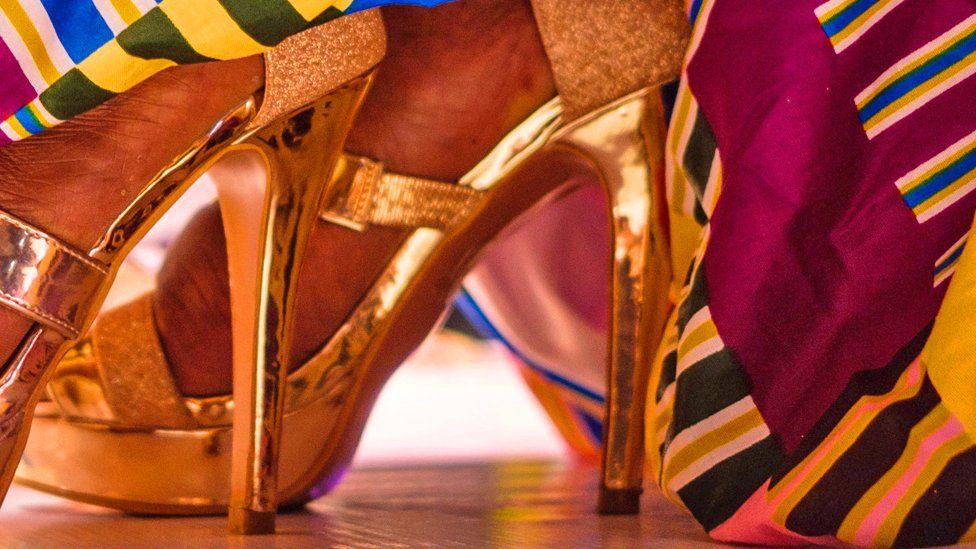-

-
-
Loading

Loading

From high-heeled shoes to TV sets, designer clothes to fava beans, looted goods from wealthier parts of Sudan's war-torn capital are now being displayed in some of its poorest neighborhoods. Around two million people fled Khartoum and its surrounding cities after conflict erupted in April between the army and paramilitary forces. Criminal gangs and individuals in need of money broke into homes, shops, and factories, stealing items and transporting them to the outskirts of the capital. The looting has continued due to the breakdown of law and order in the city, which is plagued by daily bombings, shelling, and shootings. The stolen wealth is now on show in impoverished neighborhoods such as Ombada and al-Thawra, areas considered dangerous and avoided by wealthy residents. These neighborhoods are home to honest people who come from Sudan's most deprived communities and were unable to flee the country. However, they have also become victims of the war, with shells killing 25 people in a district of Ombada last month. The number of people residing in Ombada and al-Thawra is estimated to be anywhere from hundreds of thousands to millions, but accurate data is not available. These neighborhoods were previously made up of mud, wood, and cloth houses that were demolished by President Omar al-Bashir's regime in the 1990s and early 2000s as they were considered "irregular" structures. Most residents have since managed to build brick houses, but some mud houses still remain. Education levels in these neighborhoods are low, with schools lacking adequate facilities and resources. As a result, many children drop out and struggle with literacy in Arabic, Sudan's official language. The poor conditions of the schools have earned them the nickname "Abook Dagas" ("Your father has been fooled") among children. The majority of women in Ombada 19 and al-Thawra 29 work or used to work as maids for families in wealthier parts of the capital. Some of these maids have transitioned into becoming market vendors, selling basic items to make a living. Now, more maids have joined their ranks and are selling the looted items at very low prices. For example, a digital TV that typically costs 150,000 Sudanese pounds ($250) can be purchased for just 10,000 Sudanese pounds. Additionally, market vendors are now selling higher-quality fava beans that are typically served at wealthier people's weddings. The looting has extended beyond homes and shops to include large warehouses. One warehouse in Omdurman, filled with food products, was emptied over several weeks and later set on fire. The destruction caused black smoke to cover the skies of Omdurman for days. One of the most tragic incidents occurred at a perfume factory, where around 120 people, including women and children, were reportedly burned to death. Ombada residents claim the fire originated when a young man lit a lighter in the dark factory. Female looters were said to be spraying themselves with perfume and storing it in baskets, while some men focused on taking the vats used to store perfume, pouring out the contents and using them to hold drinking water, which is scarce due to the ongoing conflict. The combination of the lighter's flame and the alcohol in the perfume resulted in a massive fire. Only one person, the brother of the man who lit the lighter, survived as he had stepped outside near the factory's main gate when the fire broke out. Amidst a city where life is cheap due to the war, he expressed deep sorrow and regret as friends and family mourned the dead.